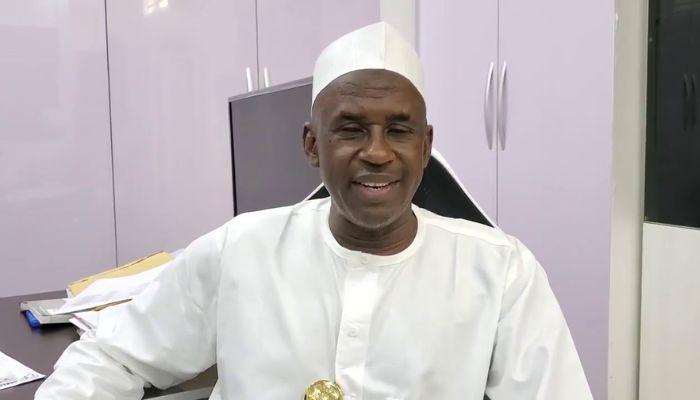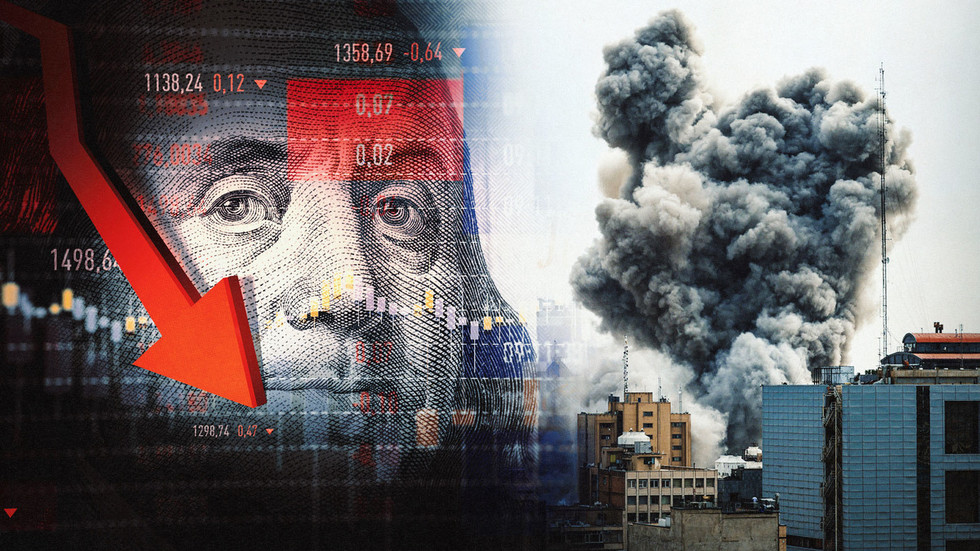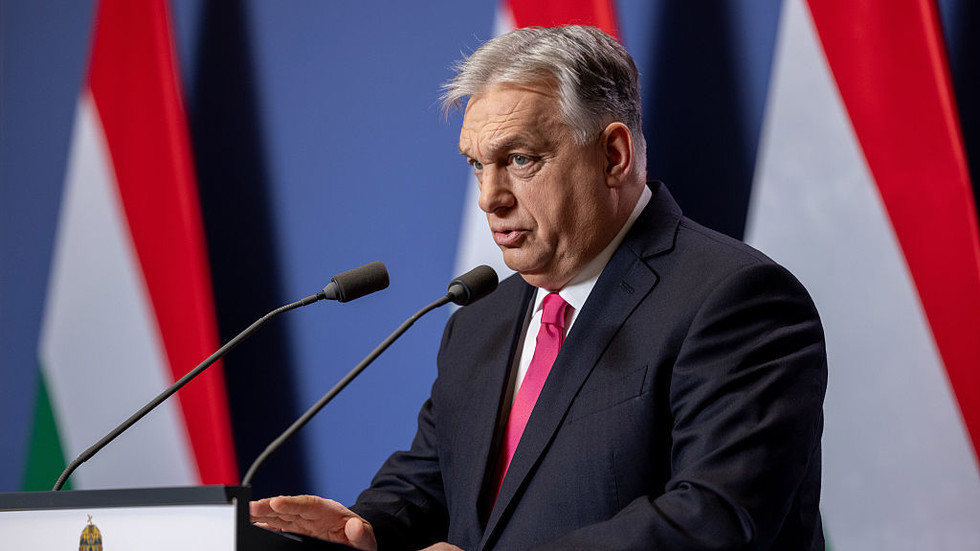Nigeria’s President Bola Tinubu has reaffirmed his administration’s focus on overhauling the nation’s education system, calling it the foundation of economic progress and technological innovation. Speaking at the 54th Convocation of the University of Nigeria, Nsukka (UNN), Tinubu—represented by Prof. Maduebibisi Iwe, Vice-Chancellor of Michael Okpara University of Agriculture—emphasized that revitalizing education is central to his government’s Renewed Hope Agenda.
Tinubu highlighted a historic 61.47% increase in education funding, with ₦3.52 trillion ($2.3 billion USD) allocated to the sector in the 2025 federal budget. He described the investment as essential for infrastructure upgrades, expanding financial support for students, and improving access to quality learning. “An educated society reduces crime, fosters innovation, and equips citizens to make informed decisions,” he told graduates, urging them to leverage their education as “a tool for change” in driving national development.
The president acknowledged systemic challenges inherited when he took office two years ago, including gaps in inclusivity and educational quality. His administration has since rolled out policies targeting skill development, data-driven reforms, and equitable access. However, the event also exposed tensions between federal priorities and institutional realities.
UNN’s Pro-Chancellor, Dr. Kayode Ojo, praised Tinubu’s commitment but candidly criticized the university’s failure to match government support with results. He cited crumbling infrastructure, abandoned projects, and poor staff morale as factors eroding the institution’s stature. “The lion’s den has been reduced to an abandoned poultry,” Ojo remarked, though he added that a comprehensive revitalization plan is now underway.
Acting Vice-Chancellor Prof. Oguejiofo Ujam outlined recent improvements, including new access roads and a 50,000-liter water supply system funded by an alumnus. Yet he underscored persistent hurdles, notably a monthly electricity bill exceeding ₦200 million ($130,000 USD), which strains operational budgets.
Amid calls for graduates to champion their alma mater, seven distinguished Nigerians, including Chief Andrew Oru, former head of the university’s alumni association, received honorary doctorates. The convocation blended celebration of academic achievement with sober reflections on the path ahead for Nigerian education—a sector poised between ambitious reforms and entrenched systemic challenges.



